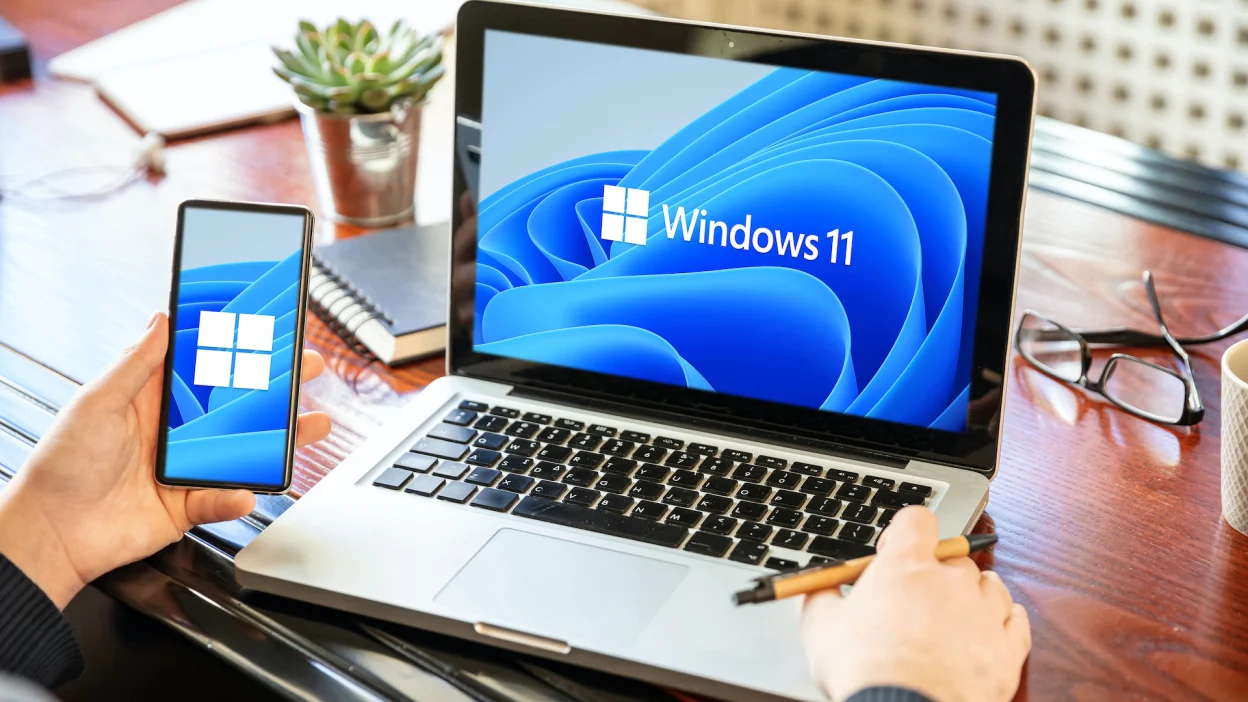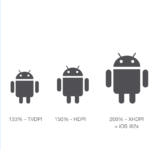Microsoft recently made waves by announcing the end of support for Android apps on Windows 11. However, this change doesn’t spell doom for users; instead, it opens up opportunities to explore alternative methods. If you’ve been relying on the official approach or installing Android apps from the Amazon app store, there’s no need to panic. You can continue doing so until March 5, 2025. Nevertheless, it’s wise to prepare for the future and consider switching to an Android emulator sooner rather than later. Here’s a comprehensive guide to help you navigate through this transition period.
Understanding the Change in Microsoft’s Approach
Microsoft’s decision to end support for Android apps on Windows 11 marks a significant shift in its strategy. While this move may seem abrupt, it’s essential to understand the rationale behind it. By discontinuing support, Microsoft aims to streamline its focus and optimize the user experience on Windows 11.
Adapting to the Transition Period
As a user, it’s crucial to adapt to the changing landscape of technology. Instead of resisting change, embrace it as an opportunity for growth and exploration. By exploring alternative methods to run Android apps on Windows 11, you can stay ahead of the curve and make the most out of your computing experience.
Choosing the Right Android Emulator
With the plethora of Android emulators available for Windows 11, choosing the right one can be overwhelming. Here are some top contenders to consider:
Bluestacks: Enhanced Gaming Experience
Bluestacks, developed by now.gg, is a longstanding player in the emulator market. It boasts features tailored for gaming enthusiasts, including support for Google Play and customizable keyboard shortcuts. With Bluestacks, you can enjoy your favorite Android games with the precision of a keyboard and mouse.
Bliss OS: Flexibility and Stability
For users seeking flexibility and stability, Bliss OS is an excellent choice. Its unique feature allows you to boot it off a pen drive, offering portability without compromising performance. Whether you install it on your PC or use it as a portable solution, Bliss OS provides a seamless Android experience.
GameLoop: Optimized for Tencent Games
Owned by Tencent, GameLoop is specifically designed for gaming purposes. With a focus on optimizing performance for Tencent games like PUBG Mobile, it ensures a smooth and immersive gaming experience. Additionally, its built-in anti-cheat system adds an extra layer of security for online gaming enthusiasts.
NoxPlayer: Multi-Game Support
NoxPlayer caters to gamers who demand versatility and performance. With support for keyboard and mouse controls, macro recording, and multi-instance management, it offers a comprehensive gaming solution. If you encounter issues with other emulators, NoxPlayer provides a reliable alternative.
Exploring Microsoft’s Official Method
While alternative emulators offer flexibility and customization, Microsoft’s official method remains an option for running Android apps on Windows 11. Here’s how to set it up:
Installation of Windows Subsystem for Android (WSA)
To begin, install Windows Subsystem for Android from the Windows Store. This serves as the foundation for running Android apps on your PC.
Setting Up Developer Mode
Activate Developer Mode in the Windows Subsystem for Android settings to enable advanced features and customization options.
Accessing Android Environment on Windows
Navigate to the Android environment on your PC through the Windows Subsystem for Android settings. This interface provides access to a range of Android apps and services.
Sideloading Android Apps
Sideloading allows you to install Android apps directly onto your Windows 11 PC. Follow the step-by-step guide to sideload APK files and enjoy your favorite apps seamlessly.
Conclusion
In conclusion, the end of support for Android apps on Windows 11 signals a shift in Microsoft’s strategy. However, it also presents an opportunity for users to explore alternative methods and enhance their computing experience. Whether you opt for third-party emulators or stick to Microsoft’s official method, adapting to change is key. By staying informed and proactive, you can navigate through this transition period with confidence.
Making an Informed Decision
As you weigh your options, consider factors such as performance, compatibility, and ease of use. Choose an approach that aligns with your preferences and usage habits. Remember, the goal is to find a solution that enhances your productivity and enjoyment while using Windows 11.
















Leave a Review